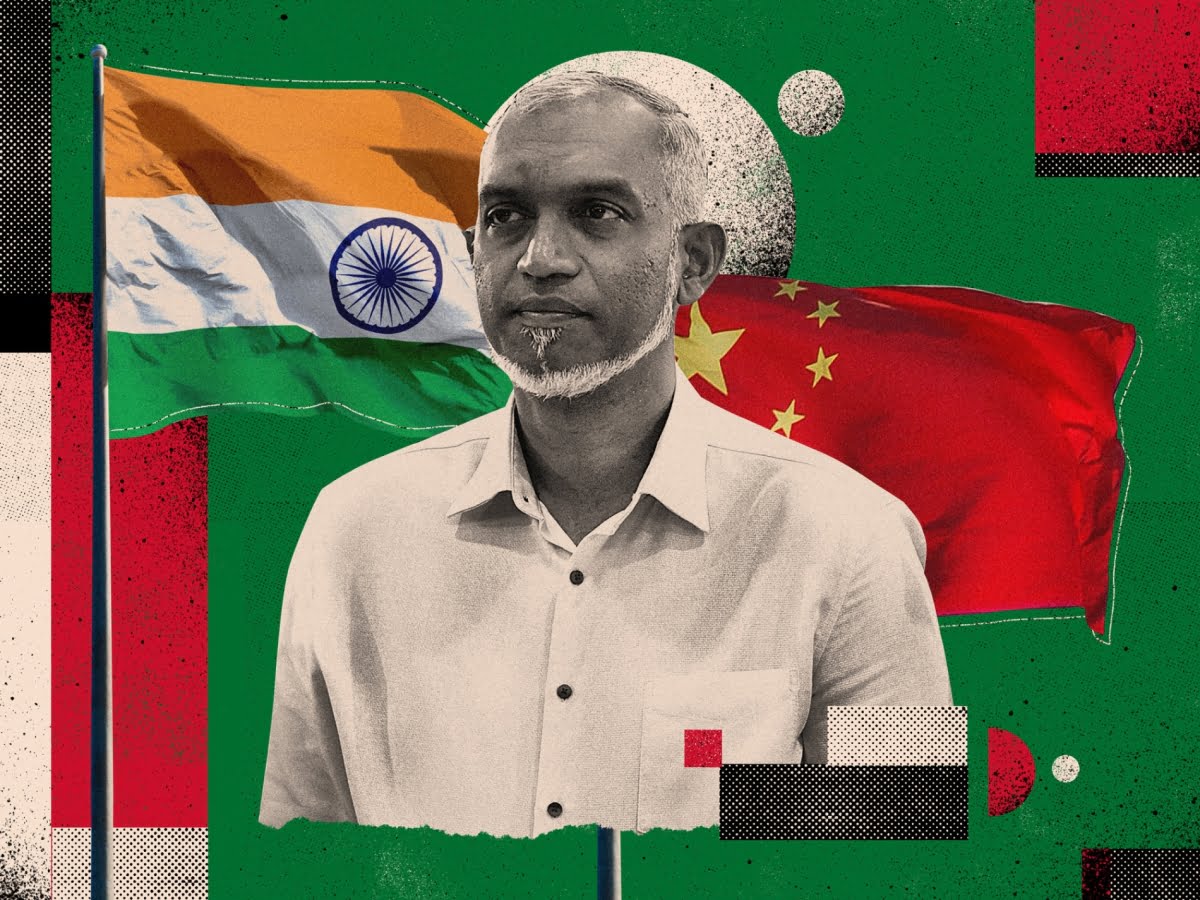Pakistan-occupied Kashmir (PoK) refers to the portion of the former princely state of Jammu and Kashmir that is currently under Pakistani control. The territory has been a source of tension between India and Pakistan since the two countries gained independence in 1947, and the disputed status of PoK has been a key issue in the ongoing conflict between the two nations. The disputed territory was ruled by Maharaja Hari Singh, a Hindu king, but the region had a majority Muslim population. When the state of Jammu and Kashmir acceded to India in 1947, Pakistan claimed that the accession was invalid and sent troops into the region.
This led to the first of two wars between India and Pakistan over the control of Kashmir. As a result of the conflict, Pakistan occupied 34,000 square kilometres of Jammu and Kashmir, which has since been referred to as Pakistan-occupied Kashmir (PoK). The status of PoK has been a source of ongoing tension between India & Pakistan and the issue has been a key point of contention in their relationship. India considers PoK to be an integral part of the country, while Pakistan maintains that the territory rightfully belongs to it.
The dispute over PoK has led to two wars between India and Pakistan, in 1947-48 and 1965, and has also been a factor in the ongoing conflict in the region. The presence of various separatist groups in PoK, which have sought independence or greater autonomy for Jammu and Kashmir, has further complicated the situation. In this article analyses if reclaiming PoK back is beneficial for India?
Analysing the Historical and Present Contexts
Image Credit – news9live
About the Author
Mahima Sharma is a staff writer at The Viyug. She is also a research analyst at the Global Strategic & Defence News (GSDN). She completed an internship as a geopolitical risk intern at WoRisGo. The author holds a Bachelor’s degree in Political Science from Panjab University, Chandigarh.



